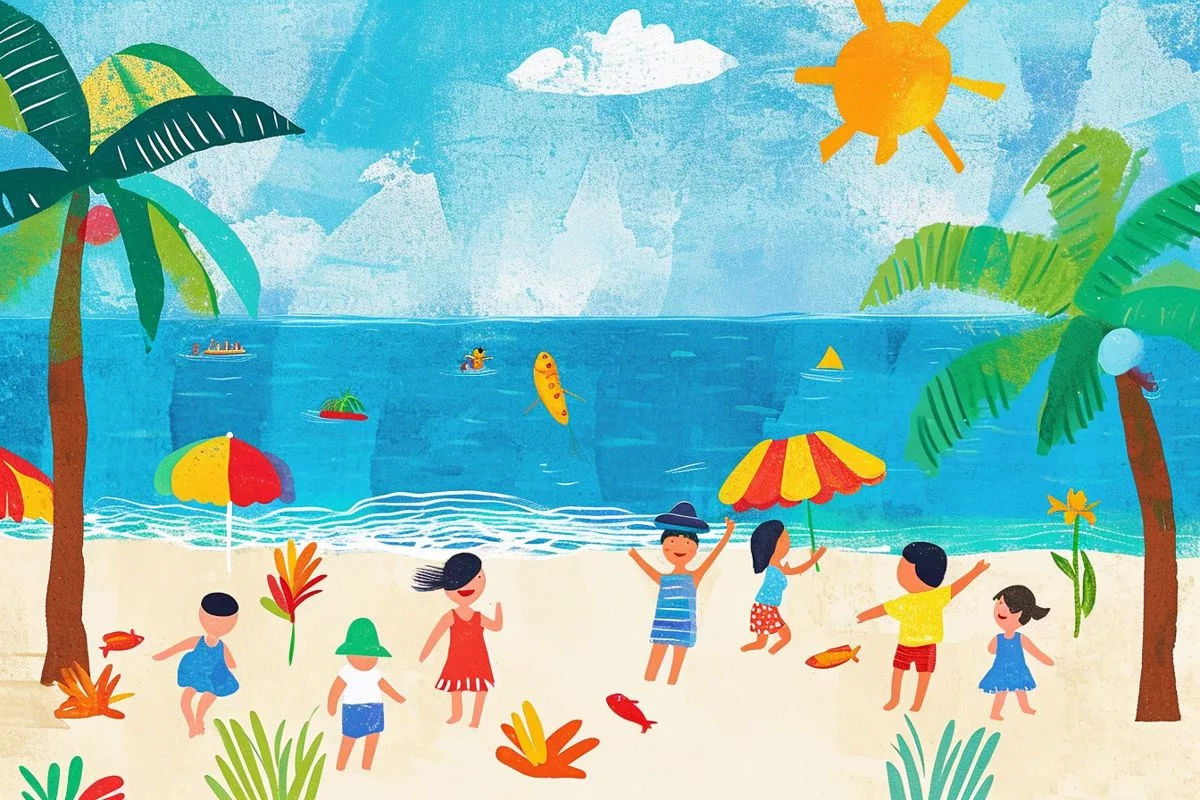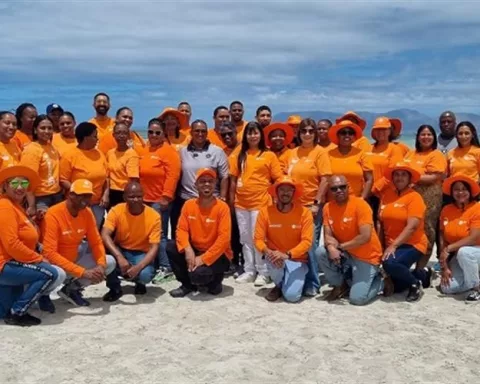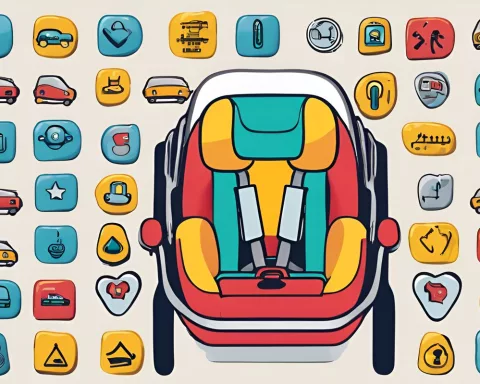The Identikidz project is a new approach to beach safety for children, providing water-resistant wristbands with unique ID numbers to help keep track of them in crowded areas. Over 18,500 children have already been registered and the wristbands have helped protect 18 lost children over a single weekend. The initiative has been widely adopted by beaches in Cape Town and promotes safety awareness and mutual responsibility among beach visitors. It is a symbol of unwavering commitment to child safety, ensuring that children can enjoy their beach activities safely.
What is the Identikidz Project and how does it work?
The Identikidz project provides a water-resistant wristband with a unique ID number to children to ensure their safety on crowded beaches. Initiated by Cape Town’s Department of Social Development and Early Childhood Development, over 18,500 children have been registered for this program so far. The wristbands have already helped in protecting 18 lost children over a single weekend and have been adopted by numerous beaches in the city.
As the summer holiday draws to a close, beaches are a hive of activity, with families and children keen to soak up the remaining summer sun. Amidst the excitement and activity, a unique initiative has been established to bolster child safety. The Identikidz project, characterized by a prominent blue wristband and a number, is transforming the way we approach child safety on the beach.
The project, initiated by the city’s Department of Social Development and Early Childhood Development in the middle of December, has already managed to register and provide identification for over 18,500 children. The water-resistant wristband, embellished with a unique identification number, serves as a silent guardian, facilitating a link between the child and their caregiver, even in the midst of crowded beaches.
The Impact and Success of the Identikidz Project
This innovative initiative, reflective of the city’s dedication to child safety, saw the largest number of children registered at Strand beach, with an impressive total of 2,746 wristbands distributed. Strandfontein, Mnandi, and Muizenberg beaches followed closely behind with 2,588, 2,420, and 2,145 children registered respectively.
The Identikidz wristbands have already demonstrated their value in ensuring child safety, having played a crucial role in protecting 18 lost children over a single weekend. In the previous year, over the Christmas long weekend, more than 12,000 children were registered at three of the city’s busiest beaches – Strand, Muizenberg, and Strandfontein.
The following New Year’s long weekend witnessed an impressive increase in the number of children registered, with 36,959 children receiving wristbands and 198 children reunited with their caregivers. By the start of the New Year, an astounding 85,916 children were registered and 263 children were safely returned to their families.
Widespread Adoption and Future Endeavors
The remarkable initiative has been adopted by numerous beaches including Big Bay, Camps Bay, Fish Hoek, and many others. As the project remains active over the forthcoming weekends, it is anticipated that many more children will participate in this safety initiative.
Patricia Van der Ross, the Councillor and Mayoral Committee Member for Community Services and Health, praised the project’s success in fostering safer beach environments and highlighted the educational value of the Identikidz project.
The project not only promotes safety awareness but also encourages a sense of mutual responsibility among beach visitors. It reinforces the idea that the safety of children is not only the duty of caregivers but is a communal effort on the part of the community.
The Unwavering Commitment to Child Safety
In essence, the Identikidz project is a symbol of child safety, ensuring that while children enjoy their beach activities under the golden sun, their safety is never overlooked. It serves as a constant reminder that though the sea is vast and deep, the city’s commitment to child safety is unwavering and profound.
As we anticipate the upcoming weekends, it is essential to spread awareness about this initiative and abide by safety regulations to ensure that our magnificent beaches continue to be a place of joy, laughter, and safety for everyone.
1. What is the Identikidz Project?
The Identikidz project is a new approach to beach safety for children, providing water-resistant wristbands with unique ID numbers to help keep track of them in crowded areas.
2. How does the Identikidz Project work?
The project provides a water-resistant wristband with a unique ID number to children to ensure their safety on crowded beaches. The wristbands serve as a silent guardian, facilitating a link between the child and their caregiver, even in the midst of crowded beaches.
3. How many children have been registered for the Identikidz Project?
Over 18,500 children have already been registered for this program so far.
4. How many lost children have been protected by the Identikidz wristbands?
The wristbands have helped protect 18 lost children over a single weekend.
5. Which beaches have adopted the Identikidz Project?
The Identikidz wristbands have been adopted by numerous beaches including Big Bay, Camps Bay, Fish Hoek, and many others.
6. What is the purpose of the Identikidz Project besides child safety?
The project not only promotes safety awareness but also encourages a sense of mutual responsibility among beach visitors. It reinforces the idea that the safety of children is not only the duty of caregivers but is a communal effort on the part of the community.












